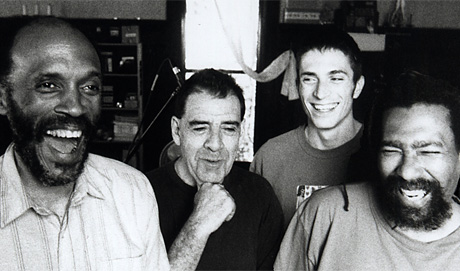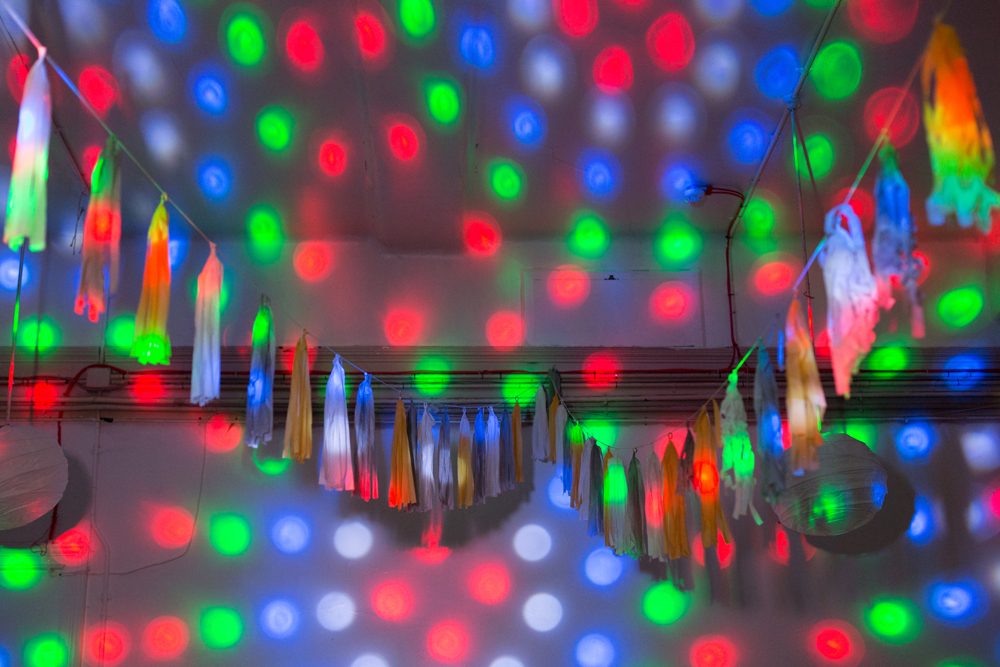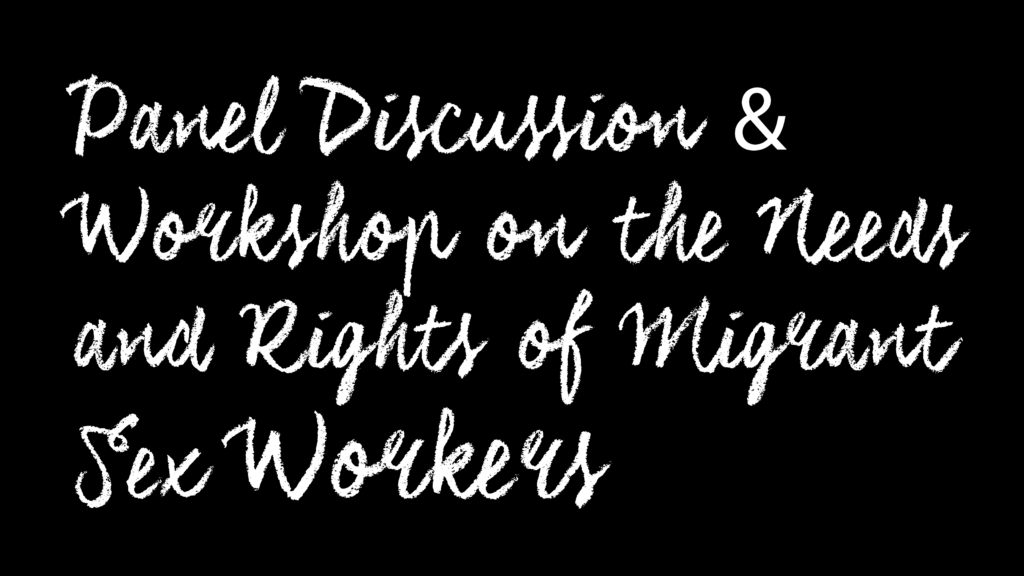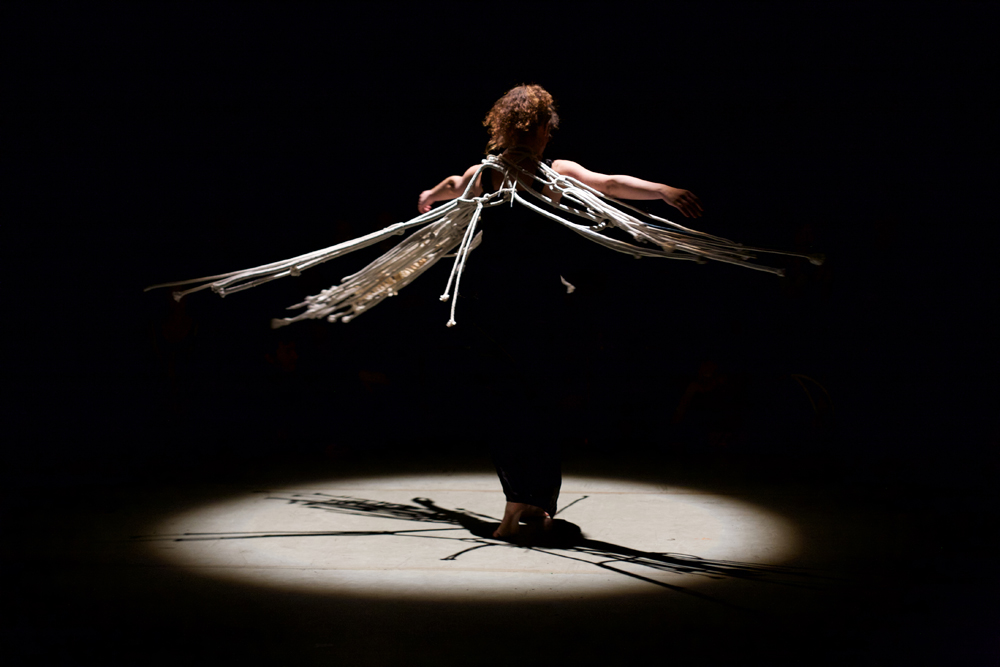
TEST featuring Fred Moten
Daniel Carter Matt Heyner Sabir Mateen Tom Bruno Fred Moten
TEST is a collective creative improvising quartet based out of the NYC Underground (figuratively and literally). Their street-hardened, spatial Jazz is riotous and intense: is also makes us think about collective organization, and different ideas of responsibility and liberty.













